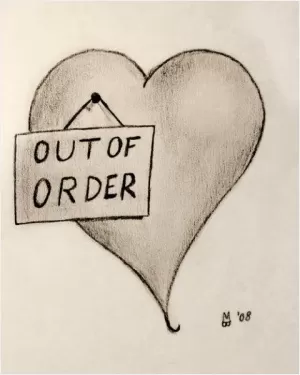I'm a lightweight, easy to fall, easy to break

I'm a lightweight, easy to fall, easy to break
Weak words are those that lack strength, conviction, and impact. They are often used to downplay one's abilities, opinions, or emotions. The phrase "I'm a lightweight, easy to fall, easy to break" perfectly encapsulates the essence of weak words.When someone describes themselves as a lightweight, they are essentially saying that they are not strong or resilient. They are admitting to being easily overwhelmed or overpowered by challenges or obstacles. This self-deprecating language can be damaging to one's self-esteem and can set a negative tone for how they approach difficult situations.
Similarly, describing oneself as easy to fall and easy to break implies a fragility and vulnerability that can be exploited by others. It suggests a lack of confidence and a fear of failure or rejection. By using these weak words, individuals are essentially giving others permission to treat them as fragile and delicate, rather than strong and capable.
Weak words can also have a detrimental effect on how others perceive us. When we constantly use language that diminishes our own abilities and strengths, we are sending a message that we lack confidence and self-assurance. This can lead to others underestimating our capabilities and not taking us seriously.
It is important to be mindful of the words we use to describe ourselves and our experiences. By replacing weak words with more empowering language, we can change the way we perceive ourselves and how others perceive us. Instead of saying "I'm a lightweight, easy to fall, easy to break," we can say "I am resilient, strong, and capable of overcoming any challenge that comes my way." By choosing words that reflect our true strengths and abilities, we can build confidence, self-esteem, and resilience.












 Friendship Quotes
Friendship Quotes Love Quotes
Love Quotes Life Quotes
Life Quotes Funny Quotes
Funny Quotes Motivational Quotes
Motivational Quotes Inspirational Quotes
Inspirational Quotes